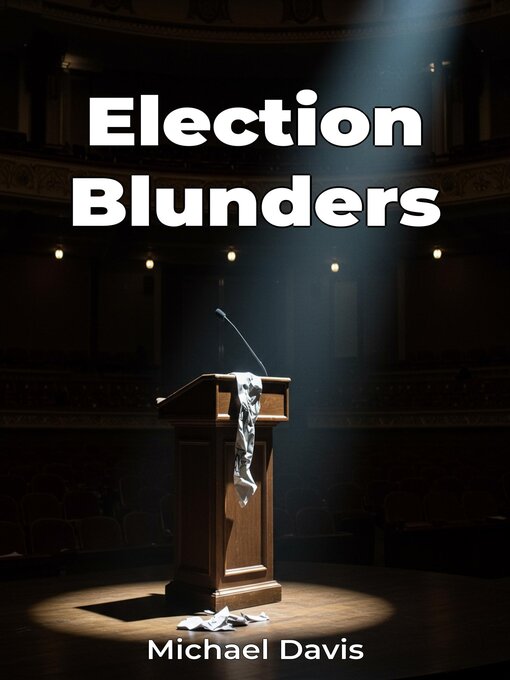Election Blunders examines the critical missteps and strategic miscalculations that have altered political history, focusing on the power of political messaging and the importance of understanding public sentiment. The book argues that political defeats are rarely due to a single event but rather a series of smaller errors stemming from miscommunication or a disconnect with voters. A key insight involves how seemingly minor incidents, such as a poorly chosen phrase, can snowball into monumental defeats.
The book explores various case studies across different countries and time periods, analyzing instances where speeches backfired, candidates' actions were misinterpreted, and campaigns failed to adapt to shifting public sentiment. It delves into historical context, examining prevailing attitudes, economic conditions, and geopolitical factors that influenced voter behavior. Using primary sources like campaign documents and news reports, the analysis highlights how misjudging public opinion, often driven by flawed data, leads to platforms that fail to resonate with voters.
Structured to provide a comprehensive exploration of election failures, the book starts by introducing core concepts central to political success. It then progresses into detailed case studies, culminating in actionable strategies for political actors. By framing political defeats as diagnostic tools, Election Blunders offers tangible learning opportunities for understanding the complex relationship between political actors and the electorate, providing a new perspective on the unpredictable nature of electoral politics.
